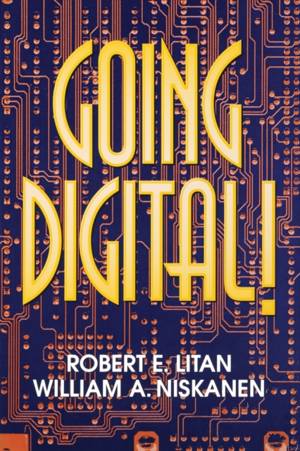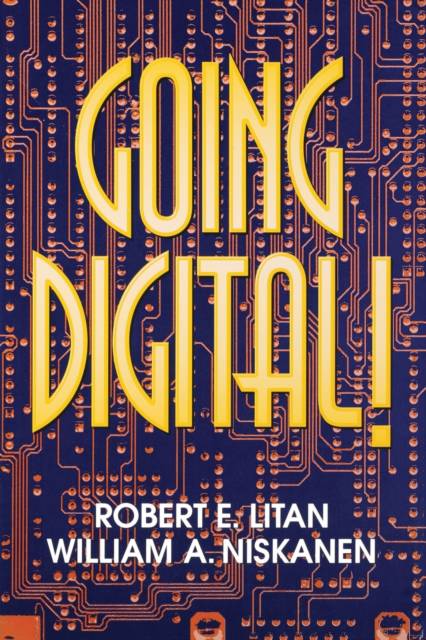
Bedankt voor het vertrouwen het afgelopen jaar! Om jou te bedanken bieden we GRATIS verzending (in België) aan op alles gedurende de hele maand januari.
- Afhalen na 1 uur in een winkel met voorraad
- In januari gratis thuislevering in België
- Ruim aanbod met 7 miljoen producten
Bedankt voor het vertrouwen het afgelopen jaar! Om jou te bedanken bieden we GRATIS verzending (in België) aan op alles gedurende de hele maand januari.
- Afhalen na 1 uur in een winkel met voorraad
- In januari gratis thuislevering in België
- Ruim aanbod met 7 miljoen producten
Zoeken
Omschrijving
"A Brookings Institution Press and Cato Institute publication The information age technology revolution promises enormous benefits to the U.S. and global economies. Yet if those benefits are to be fully realized, policymakers in the U.S. and abroad must rethink some fundamental premises about how economic activity has traditionally been governed. Should we continue to regulate industries the way we have in the past? Does the digital age require a new approach to antitrust enforcement? To best facilitate global electronic commerce, what changes are needed in intellectual property law, professional licensing requirements, laws governing privacy and content, and policies relating to standards? And what steps, if any, are required to best ensure that all citizens have access to the new technologies? This book examines these and other policy issues. It draws on a spring 1997 conference sponsored by the Brookings Institution and the Cato Institute where leading experts in various fields related to information technology presented their views."
Specificaties
Betrokkenen
- Auteur(s):
- Uitgeverij:
Inhoud
- Aantal bladzijden:
- 90
- Taal:
- Engels
Eigenschappen
- Productcode (EAN):
- 9780815752851
- Verschijningsdatum:
- 1/01/1998
- Uitvoering:
- Paperback
- Formaat:
- Trade paperback (VS)
- Afmetingen:
- 154 mm x 229 mm
- Gewicht:
- 163 g

Alleen bij Standaard Boekhandel
+ 54 punten op je klantenkaart van Standaard Boekhandel
Beoordelingen
We publiceren alleen reviews die voldoen aan de voorwaarden voor reviews. Bekijk onze voorwaarden voor reviews.









